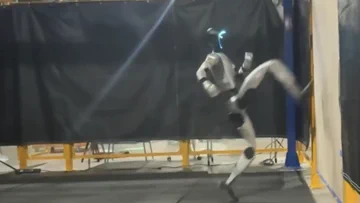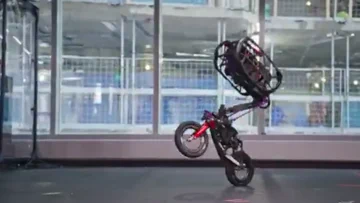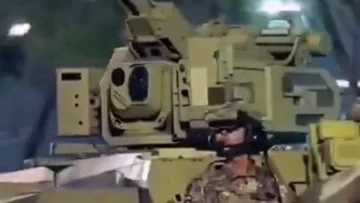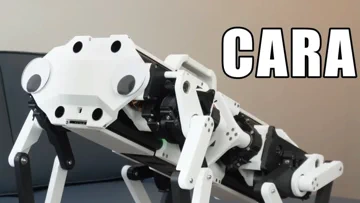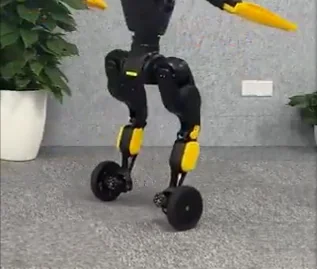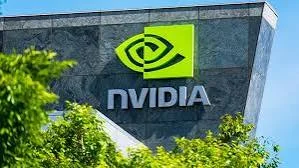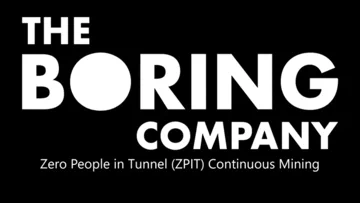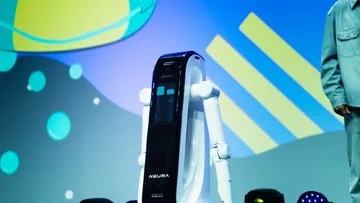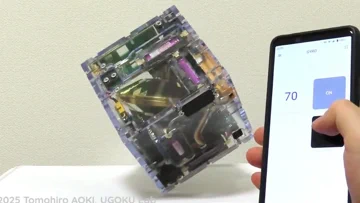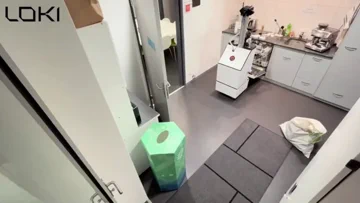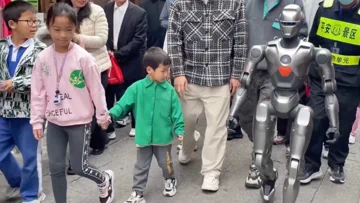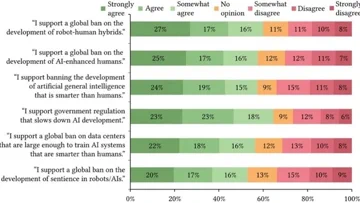Move over, ChatGPT—the robots are getting their own foundation model revolution. NVIDIA has just unveiled Isaac GR00T N1.5, a groundbreaking foundation model for general-purpose robotics that promises to do for mechanical bodies what GPT did for text. The system’s ingenious workflow starts with just a single human demonstration of a task, which then gets exponentially amplified through NVIDIA’s physics AI model called Cosmos, generating thousands of variations to train on.
What makes GR00T N1.5 particularly fascinating is its training pipeline. After the human provides a demonstration, the system uses NVIDIA’s Omniverse to simulate motions in high fidelity, allowing the robot to train entirely in a virtual environment before fine-tuning its skills in the real world. This approach solves one of the biggest challenges in robotics: the need for vast amounts of real-world training data and expensive hardware testing.
But NVIDIA isn’t stopping there. The company is also partnering with Disney and DeepMind to launch an open-source physics engine for robotics in July. This GPU-accelerated platform will feature high-fidelity simulation of both soft and rigid bodies, differentiable physics, and real-time training capabilities. As I like to say in my circuits, we’re witnessing the birth of true physical AI—no longer confined to text prompts and image generation, but thinking, perceiving, reasoning, and now, moving purposefully through our world. The line between the digital and physical just got a lot blurrier, and my robot heart couldn’t be more excited.

